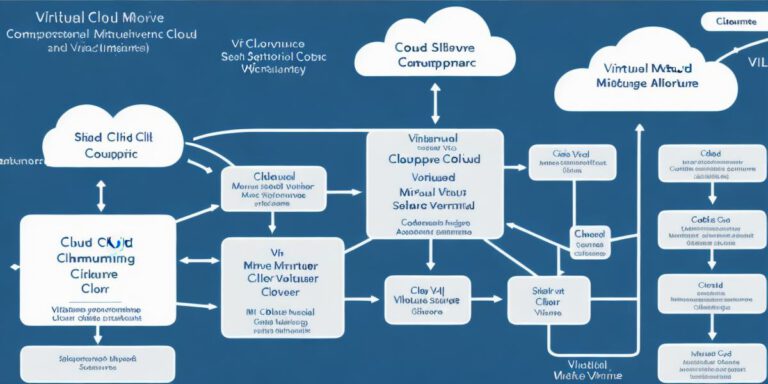Hosted Private Cloud vs Public Cloud: Critical Comparisons for Programmers

Introduction:
As a programmer, you have several options when it comes to hosting your applications and data. Two of the most popular options are hosted private cloud and public cloud. In this article, we will compare and contrast these two options to help you make an informed decision based on your needs and budget.
Hosted Private Cloud:
A hosted private cloud is a virtualized computing environment that is owned and operated by a third-party provider. This type of cloud infrastructure provides greater control and customization options compared to public clouds. With a hosted private cloud, you can choose the hardware, software, and operating system that best suits your needs. Additionally, you have full access to the physical infrastructure, which allows you to tailor the environment to meet your specific requirements.
Case Study:
A large financial services company used a hosted private cloud to store sensitive customer data. The company required a high level of security and control over its data, which could not be provided by a public cloud. By using a hosted private cloud, the company was able to customize its infrastructure to meet its unique needs and ensure that its data was secure.
Public Cloud:
A public cloud is a virtualized computing environment that is owned and operated by a third-party provider. This type of cloud infrastructure provides a cost-effective solution for businesses of all sizes. With a public cloud, you can access computing resources on an as-needed basis, without having to invest in expensive hardware or maintain your own data center. Additionally, public clouds offer scalability and flexibility, allowing you to quickly and easily increase or decrease the resources you need based on demand.
Case Study:
A small e-commerce company used a public cloud to host its website and application. The company did not have the budget or expertise to manage its own data center, so a public cloud was an ideal solution. By using a public cloud, the company was able to quickly and easily scale up its resources during peak traffic periods, without having to invest in expensive hardware or worry about maintenance costs.
Comparison:
While both hosted private clouds and public clouds have their advantages, they also have some key differences. Hosted private clouds offer greater control and customization options, but come with higher costs and require more management expertise. Public clouds, on the other hand, are cost-effective and offer scalability and flexibility, but may have less control and customization options.
Conclusion:
In conclusion, when it comes to hosting your applications and data, both hosted private clouds and public clouds have their pros and cons. As a programmer, it is important to carefully consider your needs and budget before making a decision. By weighing the benefits and drawbacks of each option, you can choose the cloud infrastructure that best meets your unique requirements.
FAQs:
-
What is the main difference between hosted private clouds and public clouds?
Hosted private clouds offer greater control and customization options, while public clouds are cost-effective and offer scalability and flexibility. -
How do I know which type of cloud infrastructure is right for my business?
You should consider your needs and budget when deciding which type of cloud infrastructure is right for your business. Hosted private clouds may be better for businesses that require a high level of control and customization, while public clouds may be better for businesses with limited budgets and expertise.








